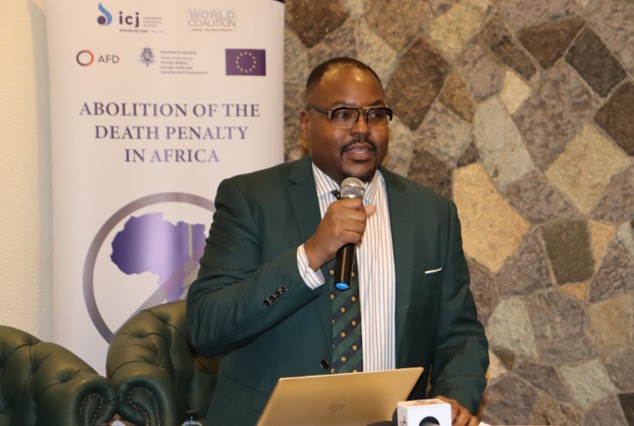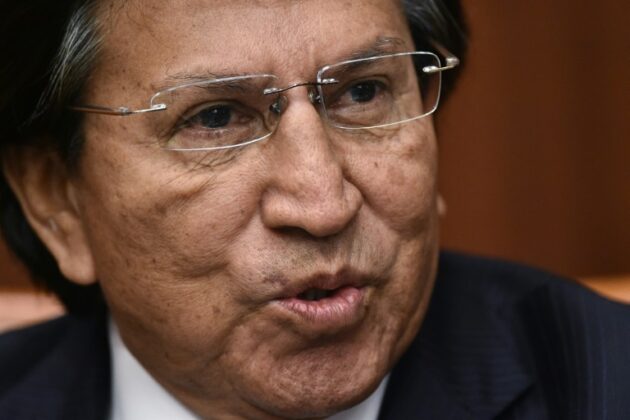The International Commission of Jurists Kenya Section has revived calls to abolish the death penalty in Kenya and across Africa.
ICK-Kenya chairperson Protas Saende said abolishing the death penalty is not just a legal or political issue, but a moral imperative.
“As advocates for justice, we must work together to challenge the myths surrounding the death penalty, particularly the notion that it promotes security,” he said.
He added that justice and human dignity are better served by a system that prioritises rehabilitation over retribution.
“Today, let us renew our commitment to achieving a Kenya where the law reflects the values of humanity, fairness, and equality,” he added.
Saende made the remarks on Monday during celebrations to mark World Day Against the Death Penalty at the Sarova Panafric Hotel Nairobi.
Present at the event were representatives from the Judiciary led by Justice John Mativo of the Court of Appeal, civil society officials, and legal practitioners.
The World Day Against the Death Penalty is observed every October 14. The day is celebrated with the aim of raising awareness of the death penalty among political leaders and the general public in both retentionist and abolitionist countries.
In 2024 and 2025, the event will seek to challenge the belief that the death penalty can make people and communities safer.
Despite Kenya being an abolitionist country by practice, with the last known execution having taken place in 1987, the death penalty still remains in the country’s criminal statutes as a form of punishment for offences like murder, robbery with violence, treason, and mutiny.
“There have been several jurisprudential developments in Kenya contributing to the discourse on the abolishment of the death penalty,” Saende said.
He cited the Supreme Court of Kenya’s decision in December 2017, in the case of Muratetu v Republic of Kenya. The Supreme Court ruled that the making of the death penalty mandatory is against the Constitution.
“This decision granted Kenyan courts the discretion when imposing the death penalty,” Saende added. He noted the campaign to have Kenya completely abolish the death penalty is gaining momentum.
Currently, the Penal Code (Amendment) which was presented by the then Leader of the Minority Party, Hon Wandayi, has been adopted by the Justice and Legal Affairs Committee in the National Assembly.
The proposed law seeks to amend the Penal Code Cap 63, specifically sections 40, 60, 204, 296 and 297, by deleting the word ‘death’ where it appears and substituting it with ‘life imprisonment.’
“If successful, Kenya will join 26 other African states, including Cape Verde, Chad, Sierra Leone, Central African Republic, Ghana and Zambia, which abolished the death penalty in law,” Saende added.
“The question still looms; why does Kenya still retain the death penalty despite there being no executions for over 35 years.”
He further cited a study by Oxford University, which said Kenya retains the death penalty out of habit, convenience and simple inertia rather than any evidence-based consideration of its effectiveness or popularity.











